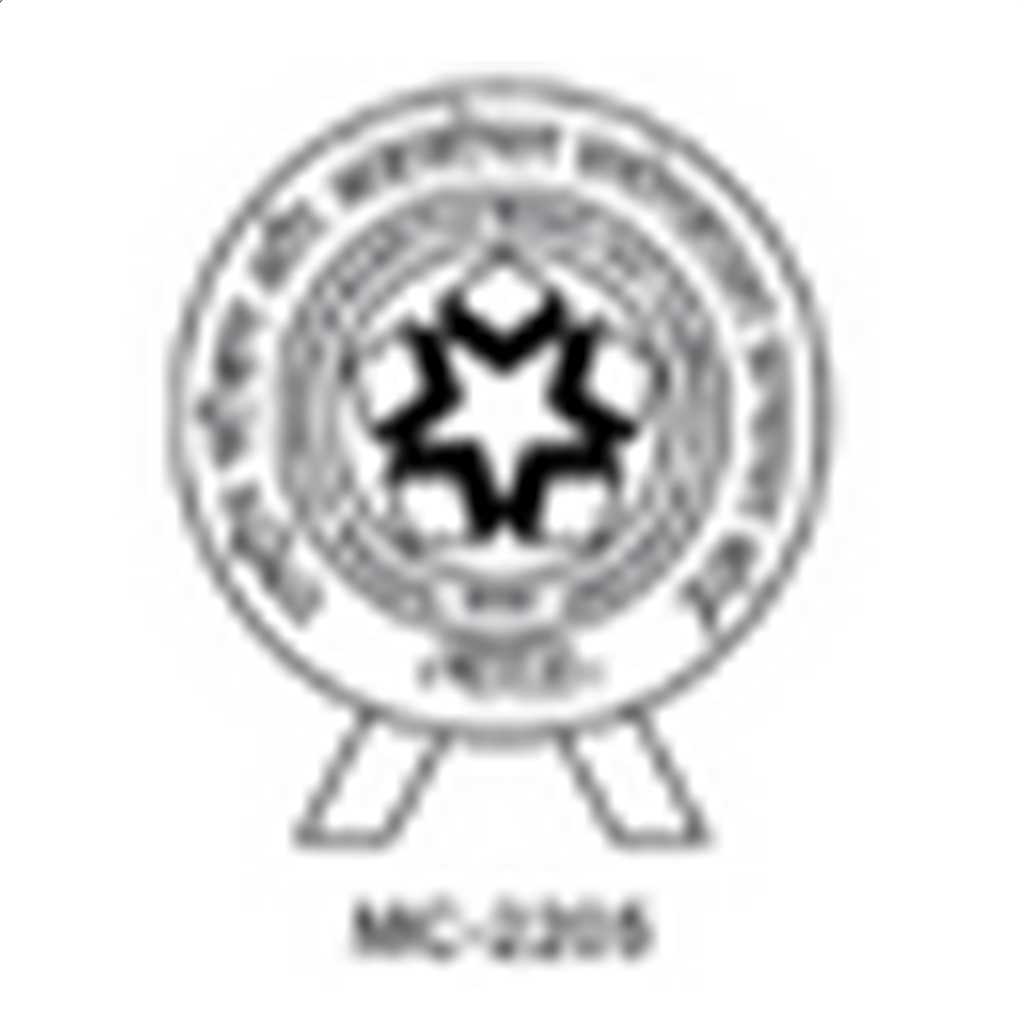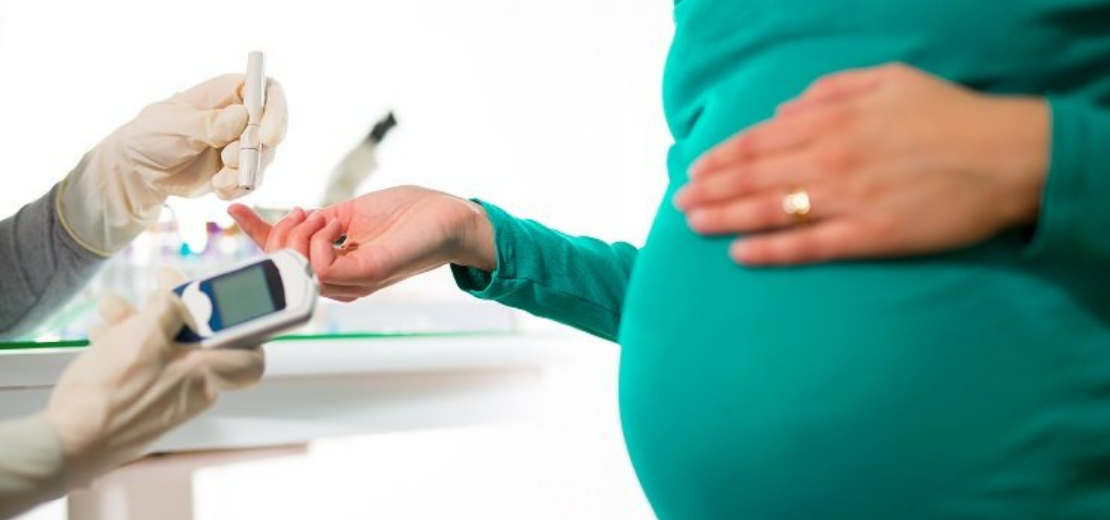India has long been renowned as the world’s diabetic capital, and gestational diabetes mellitus (GDM) is far more prevalent there than elsewhere. Diabetic women, particularly pregnant and lactating women, are widely acknowledged as being among the most susceptible. According to studies, BPA can affect circulating hormone levels, cardiovascular health, obesity, reproductive health in men and women, hormone-driven cancers, and children’s neurobehavioral development.
Gestational diabetes’ genetics is still a mystery. Insulin resistance is a key feature of the underlying illness, in which the body’s cells fail to respond appropriately to the hormone insulin.
Major changes in glucose regulation occur during pregnancy, including insulin resistance and increased maternal glucose production. When insulin secretion does not increase sufficiently to counteract insulin resistance, gestational diabetes develops.
BPA can be passed from mother to child through the placenta and breast milk, however there is no evidence that BPA exposure alters GDM serum levels. Xenoestrogens like BPA are likely to disturb these processes since oestrogen is essential for the regulation of maternal responses to pregnancy. Pregnancy and the post-partum period may be considered a critical window of exposure during which EDCs can affect both the mother and the foetus.
While gestational diabetes can be managed well, it can also take a critical phase. While the major peculating reason for GDM and the method to restrain it is yet to device, it is important to stay caution of it throughout the pregnancy.





